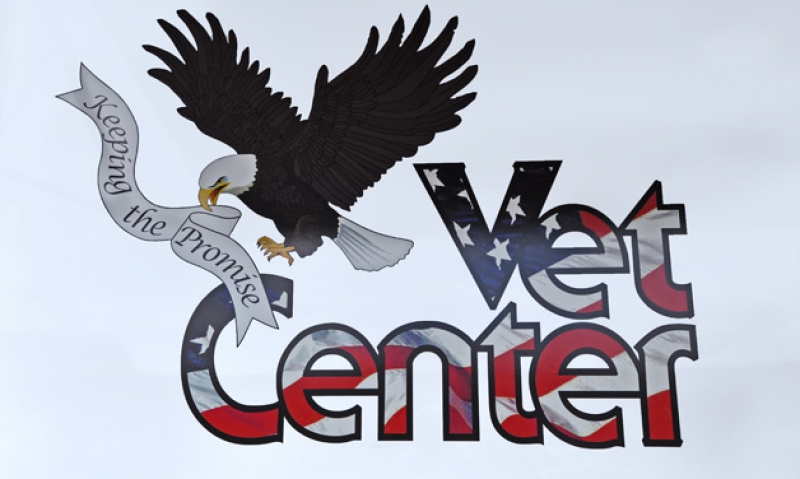
Legion testifies at hearing on Vet Centers
The American Legion shared its concerns about the effectiveness of VA-operated Vet Centers at an April 5 field hearing before the House Veterans’ Affairs Subcommittee on Health in Modesto, Calif. Bruce Thiesen, past national commander of The American Legion, appeared as a witness and submitted written testimony at the hearing, held at American Legion Post 74.
Chiefly, the Legion voiced concern that there are substantially fewer counselors who are veterans at the Vet Centers, which are community-based facilities funded and operated by VA to provide counseling, outreach and referral services. The Legion wants VA to hire more veterans from the Iraq and Afghanistan wars to serve as qualified peer counselors.
In its testimony, the Legion said, “Initially, Vet Centers allowed veterans to receive ‘peer to peer’ counseling from (veteran) readjustment counselors who offered personal experiences, giving the counselors the ability to relate to the veteran’s daily struggles; however, as time passed, many Vet Centers were unable to keep up with the increased amount of clients and were unable to hire strictly veteran counselors.
“An emphasis should be placed on hiring Operation Enduring Freedom (OEF), Operation Iraqi Freedom (OIF) and Operation New Dawn (OND) veterans.”
Founded in 1979 to help Vietnam War veterans readjust to civilian life, Vet Centers now serve all wartime veterans.
According to the Legion’s 2009 System Worth Saving report on VA health-care quality, the need for increased funding and staffing at Vet Centers has become a significant issue. In many rural areas, Vet Center staffs are tasked with covering large geographical areas; some centers serve as many as 23 counties.
The Legion noted that Vet Centers “currently offer counseling service for MST (military sexual trauma) for male and female veterans; however, it is not noted in any VA literature that veterans may receive counseling for MST not incurred in a combat zone.”
VA needs to update its literature so that veterans who are victims of MST understand clearly that they can use Vet Center counseling services, even if a sexual assault did not take place in a combat zone.
The Legion offered several other recommendations to the subcommittee in its testimony:
- Expand Vet Centers in rural areas to ensure veterans get proper access to counseling and other services.
- Fund more holistic treatments for veterans with post-traumatic stress, including yoga and horseback riding.
- Establish a training program that recognizes combat veterans who successfully manage their PTS, and allows their experiences to receive equivalent credit for educational requirements for peer-to-peer readjustment counseling.
Because Vet Centers are planning to expand their services to active-duty, National Guard and Reserve personnel, the Readjustment Counseling Service (operated by the Veterans Health Administration) should conduct a needs assessment to ensure that proper staffing and protocols are being adhered to, in terms of wait times and availability of appointments.
